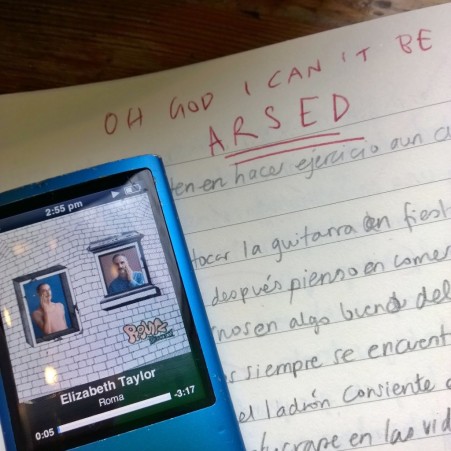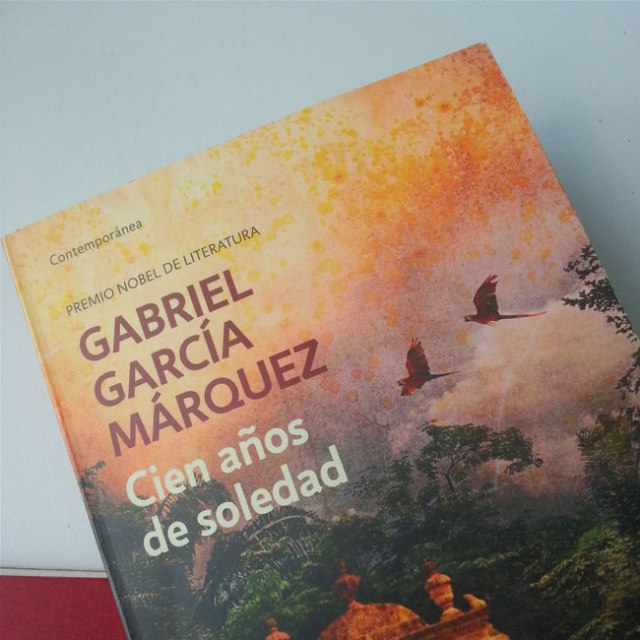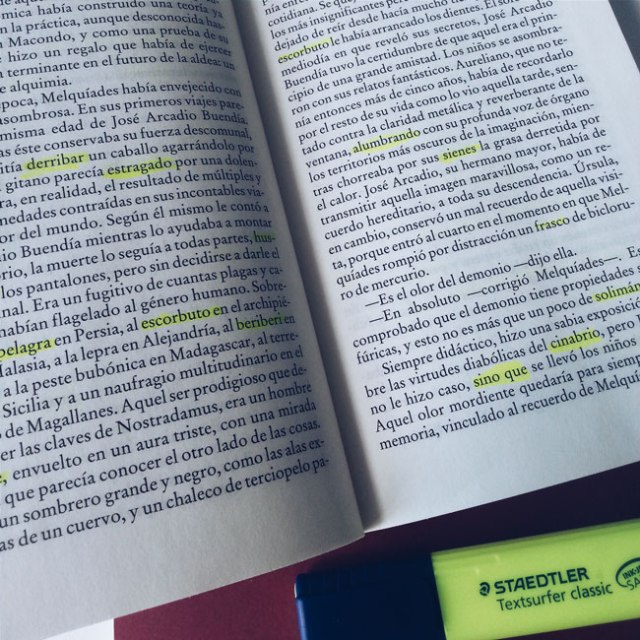Last Friday I had a quiet freak out in which I decided there was absolutely no way that I could take the DELE in May. I’m project managing an office move happening at the start of April, so work has got a whole lot busier, with so much of my brain being sacrificed that there’s not as much space in there for Spanish. I woke up on Sunday thinking about plug sockets. ¡Qué follón!
Last week was not good for study. I was rolling myself out of bed at 7am with the intention to be ready for the day and sitting down to study at 7:30. I managed this once. When it’s only my needs involved, I have the most fantastic ability to procrastinate.
And as for evening studying – forget it. By the time I’ve got through the door, flopped on the sofa with the cats for half an hour, reset myself, decided what to cook for dinner, cooked dinner and caught up with Juan, I’m pretty much ready for bed. And I do want to have something vaguely resembling a social life.
I didn’t want to postpone until November as we’re (hopefully) getting married at the end of October – and I like the idea of having my results back by the time I legally become half-Spanish. That’s how weddings work, right?
After consulting with Juan on Friday evening I decided my only option was going to be digging my heels in, forcing myself to get up even earlier, shutting myself away from the world and sticking to the May date. That is, until I took a look at the Instituto Cervantes site. There’s a JULY exam as well.
This is absolutely perfect. It gives me a much needed extra 8 weeks, meaning when the dust has settled after the office move I will have the energy to truly dedicate every spare moment to studying in the weeks leading up to the exam. New office is only 3 minutes from my house too, so I might get fatter and lazier but I can max out that pre-work study time!
So what am I going to do between now and April?
I’m not going to beat myself up over not getting in the study hours. If I manage a good session once or twice a week, I’m doing well. Secondly – I’m keeping Spanish a part of my daily life. If don’t have the energy to study in the evenings I can read, or watch some Spanish TV. There’s a new series of Pesadilla en la Cocina coming soon, as well as a talk show hosted by Alaska and Santiago Segura. So excited. As excited as Segura in El Día de la Bestia.
Something else that will help – I finally checked out the Radio Ambulante podcasts. A favourite friend of mine recommended this to me months ago and I’d forgotten to follow it up – and am so glad I finally got around to it. They are exactly what I’d been searching for – Spanish language podcasts with the same production quality as Radiolab et al, that last around 20 minutes – perfect for listening to on a quick lunchtime stomp along the seafront to clear my head.
I can do this. And once I’ve got the C1 under my belt, that’s when the fun* really begins!
*slow slide into translation study despair




